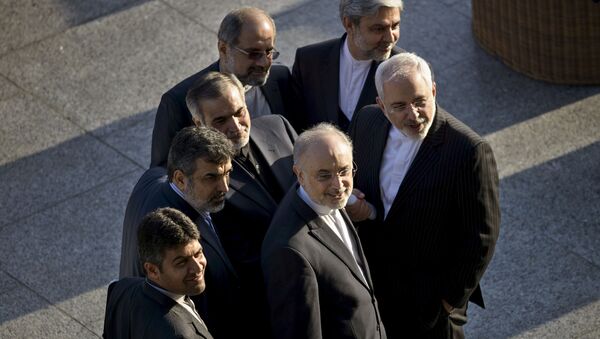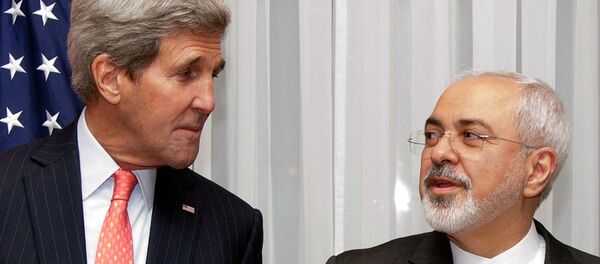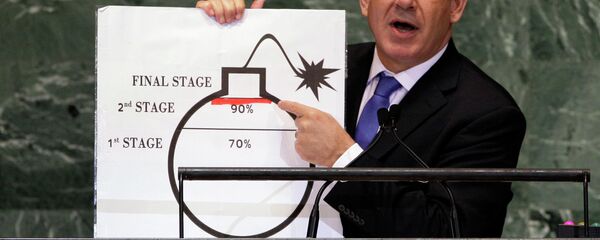“The joint statement the US team will be taking back to Washington will fall short of expectations,” Einhorn said of the anticipated release of a public statement out of Lausanne, Switzerland by the Iranian and P5+1 group of countries’ negotiating teams.
“It will get a lot of disappointment in the American administration, and a lot of skepticism in Congress whether a deal will ever be concluded,” he added.
Einhorn explained the disappointment on the US side arises from the importance placed on the March target date for reaching a broad political framework for the nuclear agreements.
In Iran, the Supreme Leader Ayatollah Khamenei had repeated that he did not want a two-stage agreement, and placed little emphasis on the political framework agreement.
“Since November, the Iranians have played down the importance of the March target date,” Einhorn said.
The former State Department official noted he expects a high-level of interaction between the US Congress and the US President Barack Obama administration.
The administration will try to make the case that sufficient progress has been made in the course of the March round of negotiations to justify a continuation of the talks, he explained.
The March deadline for a broad political framework among the P5+1 group of countries and Iran passed on Tuesday, but negotiators agreed to continue talks on Wednesday.
The P5+1 group, comprising Russia, the United States, France, China and the United Kingdom plus Germany, has been negotiating with Iran to halt its uranium enrichment program, fearing Tehran is developing nuclear weapons under the guise of a civilian energy program.
The Obama administration has come under pressure from the US Senate which has threatened to pass new legislation in the event a deal is not reached.




